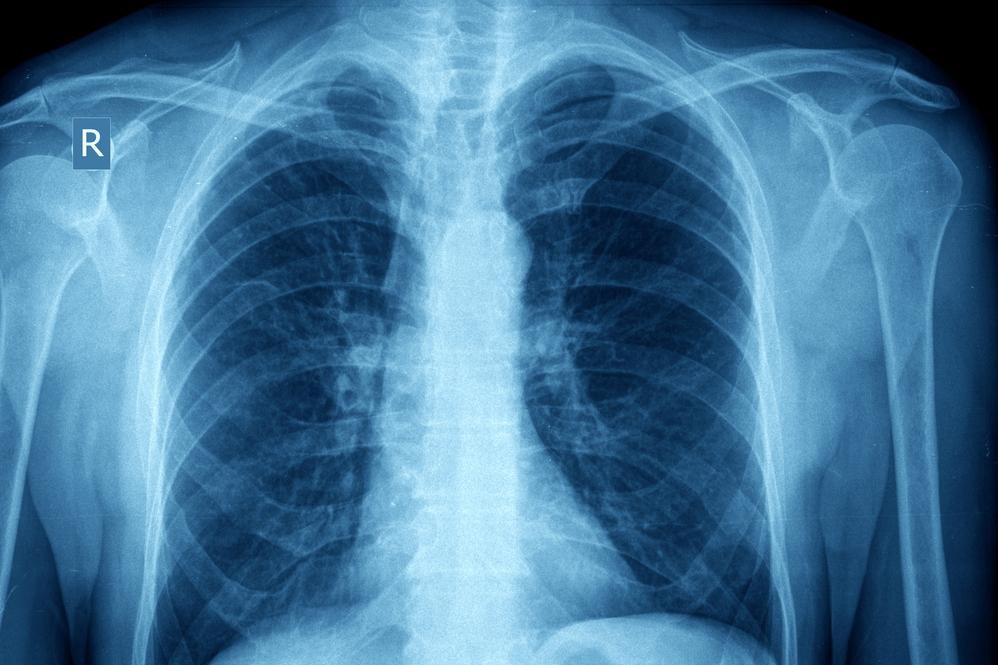Ultimate Guide to Safely Using Advair Inhalers for Respiratory Health
This comprehensive guide explores the effective and safe use of Advair inhalers for respiratory conditions like asthma and COPD. It covers how the medication works, pre-use considerations, potential side effects, and proper inhaler techniques for optimal management. Designed for patients and caregivers, this article emphasizes importance of medical supervision, adherence to prescribed usage, and navigating costs for accessible respiratory health management.

Comprehensive Overview of Advair Inhalers and Their Proper Usage
Advair inhalers are advanced respiratory medications that combine two powerful drugs—salmeterol and fluticasone—designed to help manage chronic respiratory conditions like asthma and Chronic Obstructive Pulmonary Disease (COPD). These inhalers are prescribed by healthcare providers with careful considerations, as their potent ingredients require precise usage to maximize benefits and minimize risks. Suitable for both children over the age of 4 and adults, the specific age restrictions may vary depending on the formulation and patient condition.
Understanding How Advair Works
Advair is formulated to provide long-term control of respiratory symptoms. The active component salmeterol functions as a long-acting beta-agonist that relaxes the muscles around the airways, thus facilitating easier airflow. Fluticasone, a corticosteroid, works by reducing airway inflammation, decreasing swelling, and limiting mucus production. This dual mechanism makes Advair a highly effective combination therapy for managing asthma and COPD.
In the context of asthma management, Advair is frequently prescribed alongside other medications to control severe symptoms and prevent exacerbations. It is important to note that Advair is primarily a maintenance medication—meaning it is intended for daily prevention rather than quick relief during an asthma attack. Patients should always carry a fast-acting inhaler or rescue medication for immediate symptom relief in emergencies.
In COPD treatment, Advair plays a vital role in reducing the frequency of flare-ups, easing persistent coughing, decreasing mucus buildup, and alleviating breathlessness. Its long-term use often involves combining it with oral steroids, antibiotics, and other therapies tailored to the patient's specific needs, aiming for comprehensive respiratory health management.
Before Using Advair Inhalers: Important Considerations
Allergies: Notify your healthcare provider about any known allergies to medications, foods, animals, or environmental products to avoid allergic reactions.
Existing Medical Conditions: Discuss your full medical history, especially heart disease, diabetes, high blood pressure, liver or thyroid problems, osteoporosis, seizures, infections, glaucoma, or tuberculosis. Mention any recent surgeries, hospitalizations, or ongoing treatments, as these can influence medication safety and effectiveness.
Pregnancy and Breastfeeding: Although current evidence suggests limited risk, consult your healthcare provider before using Advair during pregnancy or while breastfeeding to ensure safety for both mother and baby.
Potential Side Effects of Advair Inhalers
Sore throat or irritation
Hoarseness or voice changes
Headaches
Nausea or stomach upset
If these symptoms persist or worsen, seek medical advice promptly. Rare but serious side effects include mood swings, skin rashes, vision problems, muscle cramps, excessive thirst, sleep disturbances, tremors, and increased blood pressure. Emergency medical attention is necessary if you experience chest pain, dizziness, irregular heartbeat, allergic reactions, signs of pneumonia, or recurrent infections.
To minimize risks, always inform your healthcare provider about your complete medical history and any other medications you are taking before starting Advair therapy.
How to Properly Use Advair Inhalers
Follow your healthcare provider's instructions and the medication label carefully. Always adhere to the prescribed dosage—do not take more or less than recommended, and do not discontinue medication without consulting your provider. Regular, consistent use of Advair is essential for effective long-term control, but it is not designed for immediate symptom relief during an asthma attack. In such cases, use your rescue inhaler as directed.
Advair inhalers are available at pharmacies and online platforms, with prices generally ranging from $100 to $400. Many insurance plans and promotional coupons can help reduce costs, making it more accessible for patients needing ongoing respiratory therapy.
In summary, Advair inhalers are a cornerstone in managing asthma and COPD, offering powerful long-term control when used correctly. Proper understanding of their mechanism, contraindications, potential side effects, and correct usage enhances safety and effectiveness, empowering patients to take charge of their respiratory health with confidence.





